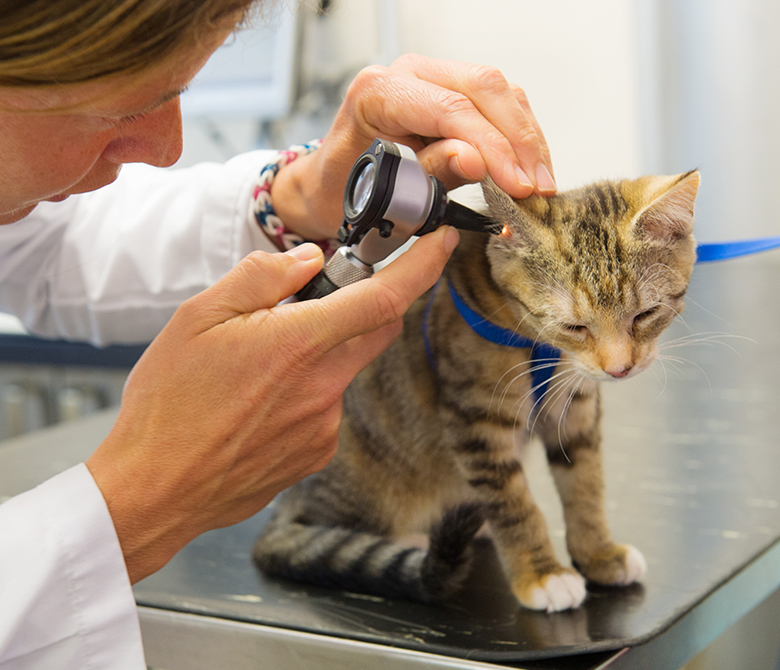Choosing a Cat as a Pet
Why Choose a Cat?
Working couples and retirees, as well as other families and singles, have discovered that cats are wonderful companions. Their entertaining antics and affectionate behaviors have endeared these animals to millions of owners. Cats come in all colors and with all kinds of coats--short, long, or curly. Some cats are quiet and appear somewhat independent, but all cats need and want attention. Also, most cats can adapt to a variety of environments. As with dogs, there are purebreds and mixed breeds.
Each cat breed has certain characteristics. Although every cat is unique, certain breeds tend to be more inquisitive, lively, placid, vocal, or gentle than others. Veterinarians, cat-fancy clubs, pet stores, and cat shows are good sources of information about the personalities of various breeds. When selecting a kitten, use similar criteria as selecting a dog. The kitten should be neither too shy nor too aggressive. A healthy kitten actively seeks affection from people. Cats are easily housebroken and fastidious, and they don't have to be walked. For these reasons, many apartment owners and condominium associations allow their residents to keep cats.
A cat's air of independence does not mean that it can take care of all its own needs. Cat owners have important responsibilities such as providing food and water, social interaction, and changing the litter box regularly. Remember, cats have only one life, not nine! To prevent life-threatening diseases and enjoy a healthy life, your cat will require regular veterinary medical checkups and vaccinations as well. Ask your veterinarian about the common signs of feline illness.

